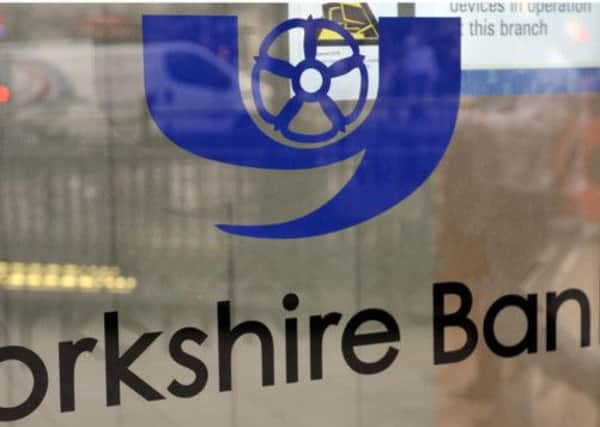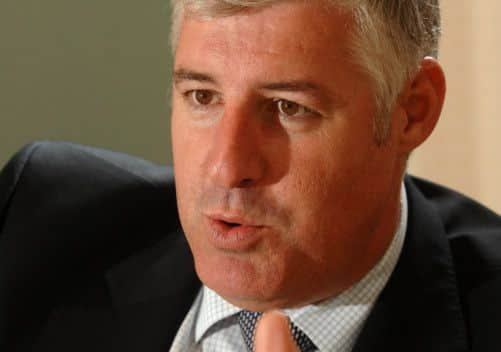Yorkshire could be floated, suggests Australian parent


Cameron Clyne, chief executive of National Australia Bank, told journalists that Australian investors would need to be convinced that the UK operations could survive without support from their parent.
“We don’t rule any options in or out – but for an IPO [initial public offering] you’ve got to have the business seen to be on a standalone footing,” Mr Clyne said.
He added that the UK market was still “fairly challenging”.
Advertisement
Hide AdAdvertisement
Hide Ad

“They only narrowly avoided a triple-dip recession. Economic activity there is quite low, regulatory environment there is quite challenging. So it’s quite difficult for the banks,” Mr Clyne was quoted as saying by the Sydney Morning Herald.
He said the downgrade of Yorkshire and Clydesdale in September 2011 had materially impacted the profitability of the banks.
Moody’s, the credit rating agency, cut the long-term bank deposit and senior debt rating to A2 from A1, reflecting a perceived reduction in the likelihood of support from NAB.
Last month, NAB said the turnaround of Yorkshire and Clydesdale is “proceeding ahead of plan” following their return to profit.
Advertisement
Hide AdAdvertisement
Hide AdMr Clyne added that the UK business, which is undergoing a deep restructuring exercise, has a stronger and smaller balance sheet.
He described the banks as a “very, very strongly performing franchise”, a notably more positive assessment than in March when he referred to NAB’s UK business as “clearly a problem asset”.
His talk this week of an IPO continues the more positive sentiment towards the banks.
The question of the sale of public stakes in Lloyds and RBS is expected to be addressed by Chancellor George Osborne in his speech to bankers at Mansion House tonight.
Advertisement
Hide AdAdvertisement
Hide AdThe taxpayer owns 81 per cent of RBS and 39 per cent of Lloyds after they were bailed out in the financial crisis.
The Treasury has said that the Government policy remains that RBS and Lloyds continue to become stronger and safer banks that support the British economy, “which in time can be returned to full private ownership when it’s in the interests of the taxpayer to do so”.
Sir Philip Hampton, chairman of RBS, has said he believes the bank will be ready for full privatisation by the end of 2014.
George Osborne will hint at the privatisation of Lloyds by the next general election in 2015 in his speech, the Financial Times said yesterday.
Lloyds is gearing up for another flotation next year – of the 632 branches it failed to sell to the Co-op group.